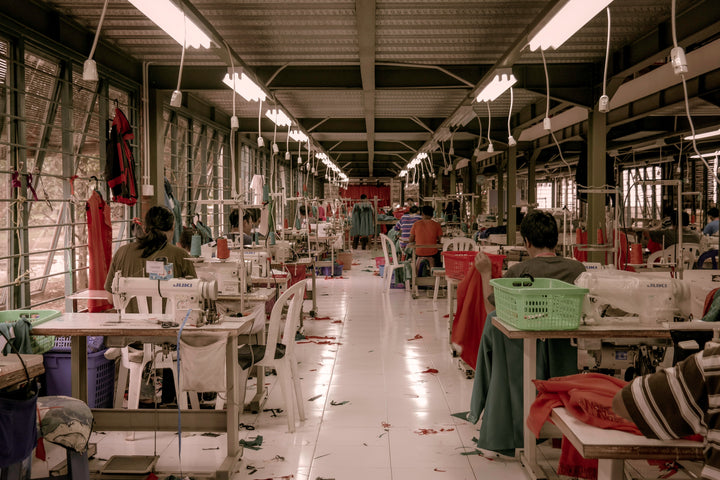
Thoughts on fill-a-bag sales
by Charli Cox
·
Notes and thoughts from my observations which started mid-2022 when fill-a-bag sales began showing up on my feed. Whilst it is a positive to keep clothing in circularity, fill-a-bag sales are not the way to do this.
If we are filling rubbish black sacks with clothing for $10 to $20 or selling garments for $1, what does this communicate to people attending these events? That clothing is trash?
The fact that some retailers and organisations are able to offer these sorts of sales speaks to the overconsumption, the unsustainable rate at which clothing is manufactured, purchased and disposed.
Events such as these encourage consumption rather than solve the problems created by consumerist culture, perpetuated by fast fashion brands comparable to TikTok haul videos.
Essentially, fill-a-bag sales highlight the linear fate of cheap, fast fashion, the clothing that contributes largely to the 180,000 tonnes landfilled annually in Aotearoa.
When clothing is cheap, we need to consider what this means for the people who produce it.
This week is Fashion Revolution Week (22 – 28 April). Fashion Revolution was founded by Carry Somers and Orsola de Castro in the wake of the Rana Plaza disaster in 2013 prompting us to consider, ‘Who Made My Clothes?’ Today, Fashion Revolution is the world’s largest fashion activism movement, mobilising citizens, brands and policymakers through research, education and advocacy.
Fashion Revolution celebrates those tackling the challenge of fairer supply chains, the local designers and producers, international brands, the retailers breaking the mould by bringing ethically produced fashion to the public and the educators and organisations working hard to make traceability an everyday reality in the fashion industry.
Follow Fashion Revolution on Twitter, Facebook and Instagram for updates on what’s happening around the world as part of Fashion Revolution Week.